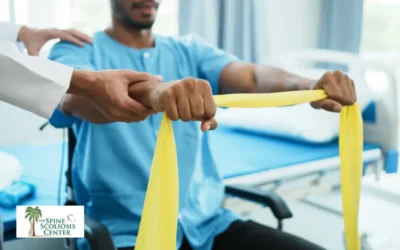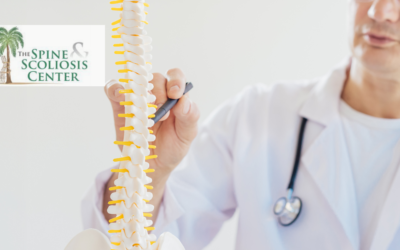As more patients participate actively in how they make medical decisions, there is a growing need for tools to help them make evidence-based medical decisions. An Institute of Medicine study reports that most people receiving a new prescription, facing elective surgery, or a recommendation for cancer screening wish to understand the risks associated with individual physicians’ recommendations and discuss those risks. The key for patients is to be proactive and initiate these conversations with their physician.
To help patients obtain the information necessary when making medical decisions, healthcare institutions, insurers, and patient advocacy groups have created a wide array of decision aids. The Cochrane Collaboration, an independent, global, non-profit network of healthcare professionals, researchers, and patients, discovered that when patients employ medical decision support tools, they are less likely to undergo elective surgery that is inappropriately recommended and more satisfied with overall the care they receive.
Medical Decision Support Tools You Can Use
There are several tools you can use to find the information necessary to make medical decisions that are more informed. Tools like brochures, interactive online guides, and videos can help you grasp the benefits and risks of a treatment approach and help patients ask the right questions about their options when consulting with their physician. Remember that these tools are engineered to be used in conjunction with physician advice, who can help answer questions depending on the patients’ family and personal medical history. Some widely used tools include:
- Option grid: An online, interactive tool formed by the Dartmouth Institute for Health Policy and Clinical Practice, Option Grid helps patients navigate the pros and cons of treatment options for a diverse array of health problems. They can also be printed out as PDFs.
- Mayo Clinic Shared Decision Making National Resource Center: These decision aids are supposed to be used when consulting with your doctor to build a foundation of information for different health issues, such as treatment options for angina and osteoporosis, reducing the risk of heart disease, and medication options for diabetes and depression.
- Choosing correctly: The website has decision guides developed by Consumer Reports in conjunction with medical societies.
- Cochrane: This site offers reviews of clinical research to help patients make informed medical choices
- Dartmouth Hitchcock Health System Decision Points: Their online guides offer information on making decisions regarding medications, medical tests, treatments, and surgeries. The guides outline background facts on your treatment options, help you compare options, and help you list out your personal opinions about the available options so that you can discuss them in depth with your physician and make informed decisions.
Contact Us Today
Medical decision support tools can help patients make more informed medical decisions when navigating treatment options with their physician. Learning about your treatment options and The Spine and Scoliosis Center is a top spine clinic connecting Florida patients with innovative, personalized care, with locations in Orlando, Clermont, Winter Haven, and Davenport. If you are seeking a spine specialist, call the Spine and Scoliosis Center to learn more and schedule an appointment with our expert medical team today.




0 Comments